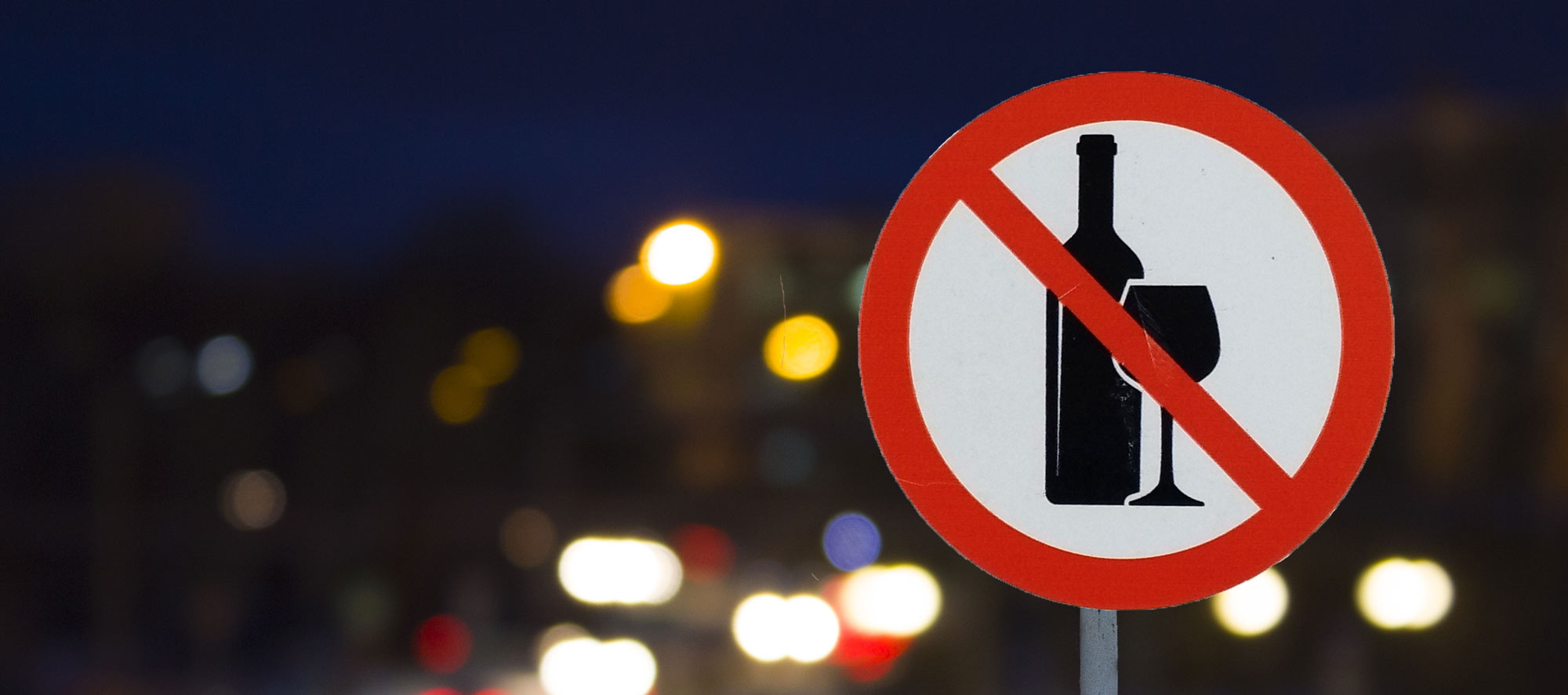For anyone taking part in Dry January this year, it’s certainly not going to be a walk in the park, especially for those who enjoy a gin & tonic or glass or two of wine in the evenings.
For most people, the stress of the COVID-19 pandemic has had a tremendous impact on daily life and for many, one of the few pleasures has been to relax with a glass at the end of the day.
But, according to research from Alcohol Change UK, the pandemic has led to people drinking more alcohol last year compared to 2019. The charity has also noted a steep increase in the number of people drinking in ways that put their health at risk. But the good news is that a record number of people have signed up for the official Dry January challenge, with one in four people planning to cut down on drinking in 2021.
Knowing your limits
Knowing how much is safe to drink can be difficult, and many people who don’t consider themselves big drinkers, can easily fall into the trap of a glass every night, that then becomes two and before you know it drinking has crept up on you and over time you find you’re drinking more than you would like or is good for your physical or mental health.
The latest ‘low-risk’ drinking guidelines from UK’s Chief Medical Officers are designed to help minimise the risks associated with drinking. The guidelines for both men and women state that it is safest not to drink more than 14 units per week, spread over three or more days with a few days off. This equates to roughly six pints of lager or one and a half bottles of wine.
You can use this handy unit calculator to find out how many units are in a particular drink, or to check how much you are drinking here.
The risks
Drinking alcohol can affect the body in a number of ways and impact on short and long term health. Drinking above the guidelines increases the risk of a wide range of serious health conditions including heart and liver disease, mental health problems and weight gain.
Too much alcohol can also have a detrimental effect on teeth and gums, cause bad breath, and is linked to around a third of mouth cancers. Alcoholic drinks such as white wine, beer and cider can be very acidic, causing erosion of tooth enamel leading to pain and sensitivity, plus, many drinks and mixers are high in sugar that can contribute to dental decay. Some research also suggests that high alcohol consumption can increase the risk of periodontitis (gum disease).
The positives
Lockdown has been tough on everyone and a drink or two to help unwind is more than understandable in the current climate so now may not be the right time to consider going alcohol-free, even for a short time. However, if you are feeling stressed, it’s worth remembering that drinking offers only a temporary respite.
Using Dry January as a reason to take a break can be a motivation to reassess your relationship with alcohol so you have chance to understand the benefits of cutting down, such as sleeping better, having more energy, losing some weight and eventually making the world seem a little brighter. The added bonus is the less alcohol you drink, the better shape you’ll be in physically and emotionally to fight off infections, and your teeth and gums will thank you as well. And remember cutting down or giving up alcohol doesn’t have to be the end of fun – it can be the start of a whole new you!
If you would like further advice on looking after your oral health or that of someone you’re caring for give us a call today on 01737 240123. We will be happy to help.

